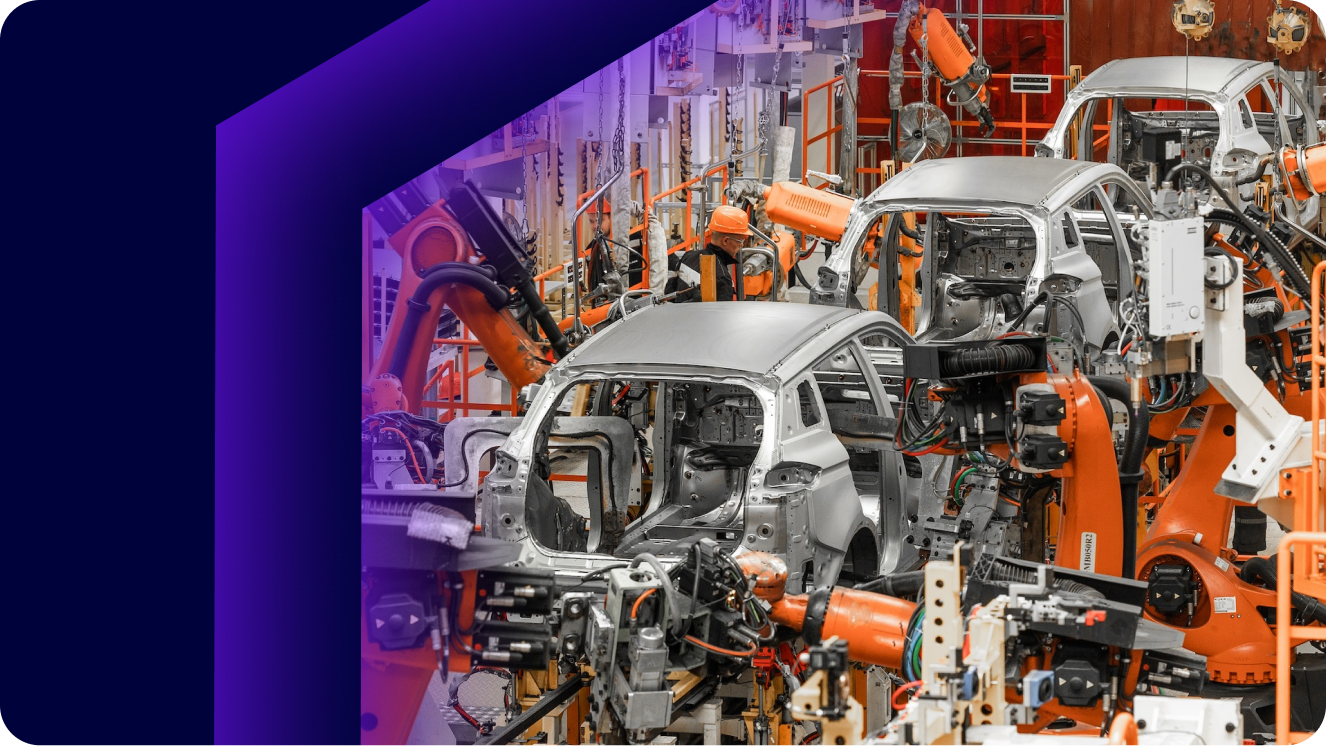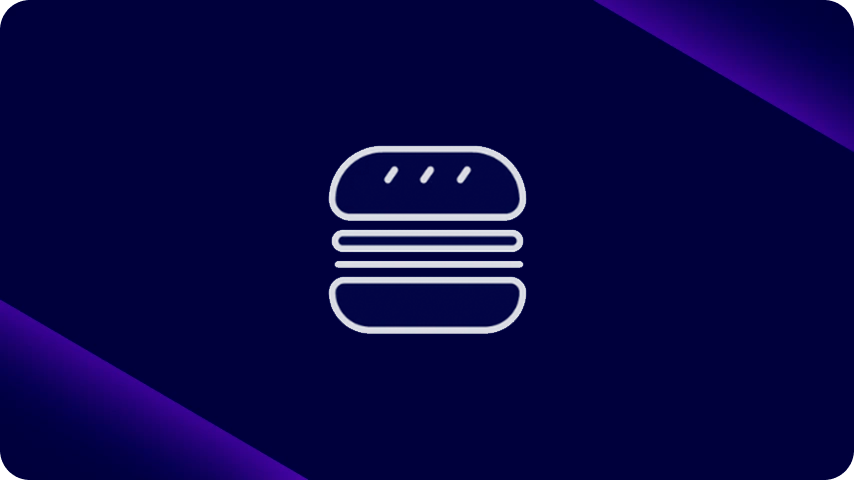O Desafio
O antigo sistema de gerenciamento de armazenamento (WMS) e o sistema de roteamento da empresa eram muito manuais, retardando a logística e gerando erros humanos indesejados. Para integrar o WMS a uma nova tecnologia de roteamento, a Digibee precisou construir a estrutura inicial de pipelines com rapidez e eficiência.
O projeto apresentou vários desafios:
- Com necessidades multifacetadas de carros e peças para clientes e uma série de fornecedores, varejistas e revendedores, o sistema de roteamento exigia entrada manual, resultando em atrasos desnecessários e erros inevitáveis causados por erro humano.
- A manutenção do sistema era cara e demorada.
- Além dos desafios de roteamento interno, parceiros e clientes também estavam descontentes.
- Substituir a tecnologia de roteamento e manter conexões integrais com outros sistemas legados era impossível.
O Objetivo
- Substituir o sistema de roteamento legado e integrá-lo ao WMS, terminais e parceiros sem tempo de inatividade.
O Plano
A estratégia envolveu duas fases:
- A Digibee analisou o ambiente, planejando 10 pipelines para a primeira fase em menos de 2 meses.
- A integração entre o WMS e o novo sistema de roteamento SaaS foi construída e testada para garantir que a transição para um novo sistema fosse tranquila, sem causar nenhum tempo de inatividade.
O Resultado
- Logística mais rápida e automatizada
- Menores custos de manutenção
- A empresa mundial permitiu suporte logístico local para cadeia de suprimentos
- Amplamente adotado entre parceiros de roteamento e logística
Com o sucesso do projeto de integração, a montadora começou a estudar como a Digibee poderia ajudar em outros casos de uso de integração.
A plataforma simples e econômica da Digibee requer menos tempo e recursos, proporcionando a essa indústria automobilística global os meios para adotar a reutilização e a escalabilidade para outros objetivos de negócios.
>> Agende uma demonstração personalizada com nossa equipe de especialistas e veja como o iPaaS da Digibee trará eficiência ao seu negócio.









